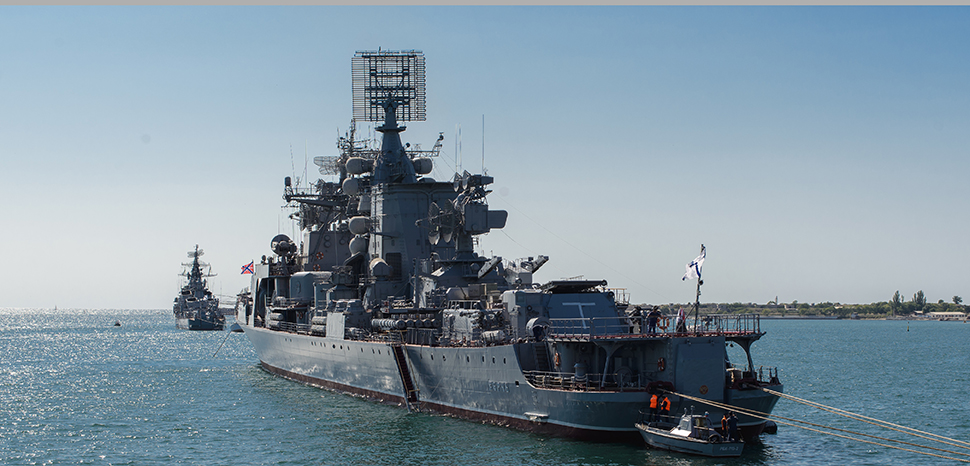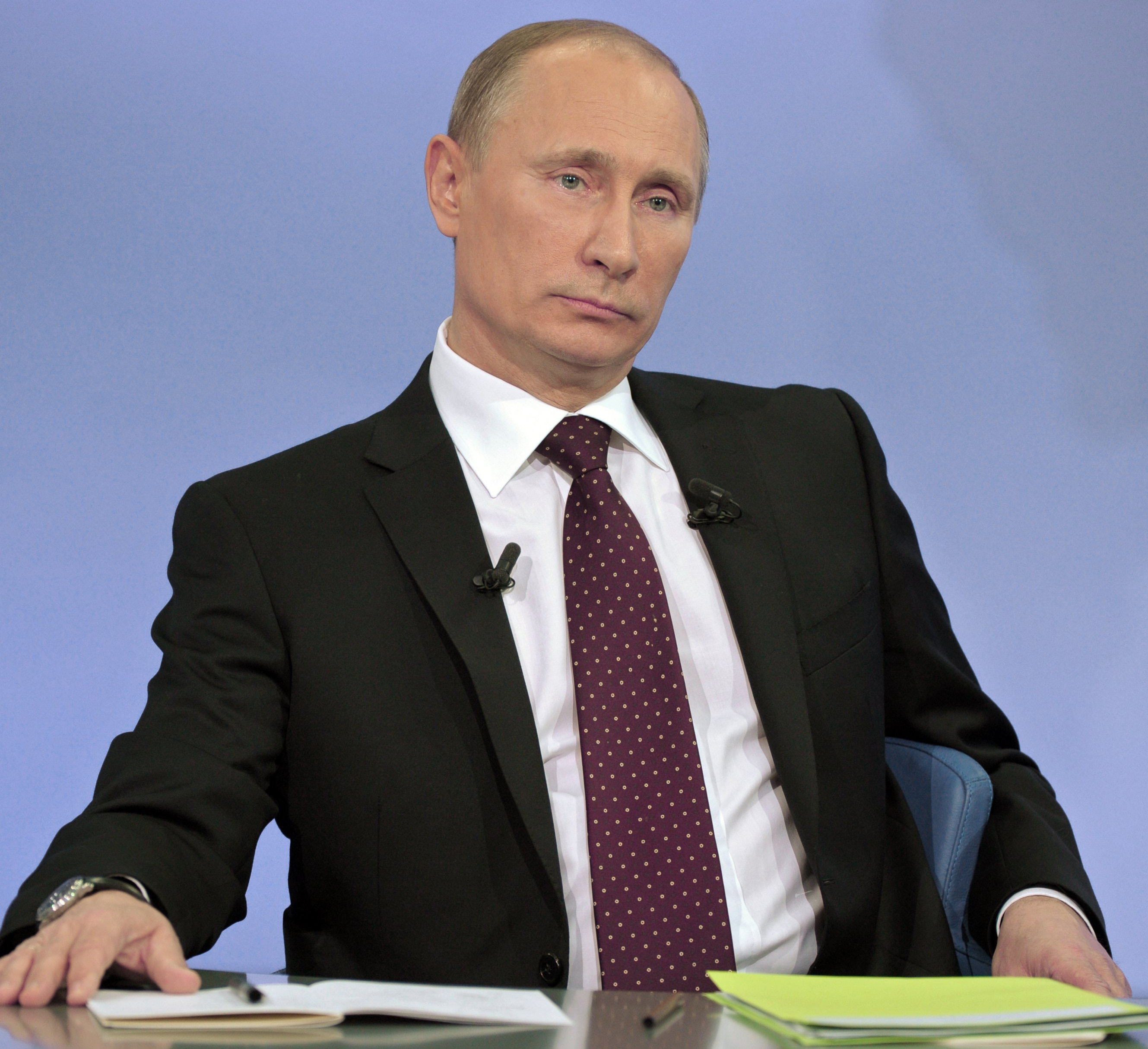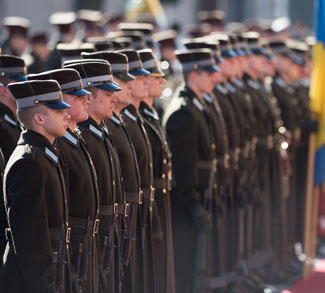During the last week of February, the navies of Russia, China, and South Africa conducted maritime exercises in the Indian Ocean off the port of Durban. The exercise, named Exercise Mosi-2, was the second such instance when the navies of Russia, China, and South Africa came together in the Indian Ocean. Previously, in November 2019, the three countries had conducted naval exercises off the coast of Cape Town (South Africa).
The Exercise Mosi-2 saw the participation of two Russian naval vessels, three Chinese naval ships, and a South African naval frigate. There were reports about Russia testing hypersonic missile Zircon during the exercises. However, Russia denied such reports.
While the exercises were going on, Russian invasion of Ukraine reached a year-long milestone. The Western countries led by the United States (US) have tried to ensure diplomatic, economic, and political boycott of Russia. However, the naval exercises, among other things, demonstrate that, largely, Russia’s image and standing remains unaffected in the Global South.
South Africa has refused to condemn the Russian invasion of Ukraine. In a recently held vote in the United Nations, South Africa, just like India and China, abstained. The conduct of these exercises signals the strategic shift that is slowly underway in South Africa. In fact, South Africa had declined the American invitation for naval exercises and chose to conduct drills with Russia and China instead.
As Pretoria came under intense Western pressure, South Africa argued that it had conducted such exercises with other countries like France and Germany as well. Moreover, it believed that the exercises with Russia and China would “benefit all countries involved through interoperability of the naval systems, joint disaster systems management enhancement, maritime cooperation and anti-piracy exercises.” For the ruling African National Congress in South Africa, there is a history of Soviet support in its struggle against the apartheid regime. South Africa is also a member of the five-country BRICS grouping along with Brazil, Russia, China, and India.
For Russia, these exercises are important to signal that, despite the Western attempts to isolate Moscow, it still enjoys considerable support in the Global South. Russian naval presence in the Indian Ocean has steadily been increasing in the last decade. Russia has conducted naval exercises with China and Iran in the Northern Indian Ocean, and has also sought to establish a military base at Port Sudan along the Red Sea. The base will increase the strategic reach and presence of Russia in the Middle East and Africa. Unsurprisingly, Sudan also abstained in the UN vote.
The base in the Red Sea and naval exercises with South Africa are indicative of the growing Russian strategic interest in Africa. Russia’s Wagner group mercenaries are already deployed in western and central Africa to fight Islamist terrorists. The West, especially France and the US, are making attempts to counter the steadily expanding Russian influence in Africa. Meanwhile, owing to the sustained engagement, Russia has managed to market its version of the Ukraine war in Africa.
Although the focus of these exercises has been on factors like the timing of the drills, questions about Russia’s participation, South Africa’s willingness to host, etc., the exercises also reflect yet another instance of growing Chinese naval presence in the Indian Ocean. China already holds a military base in Djibouti and enjoys strong strategic ties with Western Indian Ocean countries like Kenya, Tanzania, and Madagascar.
The naval exercises with Russia and South Africa, expanding strategic links with Iran, and the likelihood of the military base at Gwadar in Pakistan suggest a rapidly expanding Chinese presence in the Indian Ocean. China has regularly dispatched spy ships like Yuan Wang- VI to the Indian Ocean under the pretext of conducting surveys. It holds the port of Hambantota in Sri Lanka and the coup in Myanmar has helped Beijing to solidify influence in an important country in the Bay of Bengal.
India would be keenly watching if the growing bonhomie between China and Russia extends to the Indian Ocean as well. The potential Sino-Russian strategic co-operation in the Indian Ocean holds geopolitical implications not just for India but also for the other partners in the Quadrilateral Security Dialogue (Japan, Australia, and the US).
In this context, these exercises indicate that Indian Ocean geopolitics are headed for more uncertainty and flux.
Sankalp Gurjar is an Assistant Professor at the Department of Geopolitics and International Relations, Manipal Academy of Higher Education, Udupi, India. He is the author of The Superpowers’ Playground: Djibouti and Geopolitics in the Indo-Pacific in the 21st Century.




